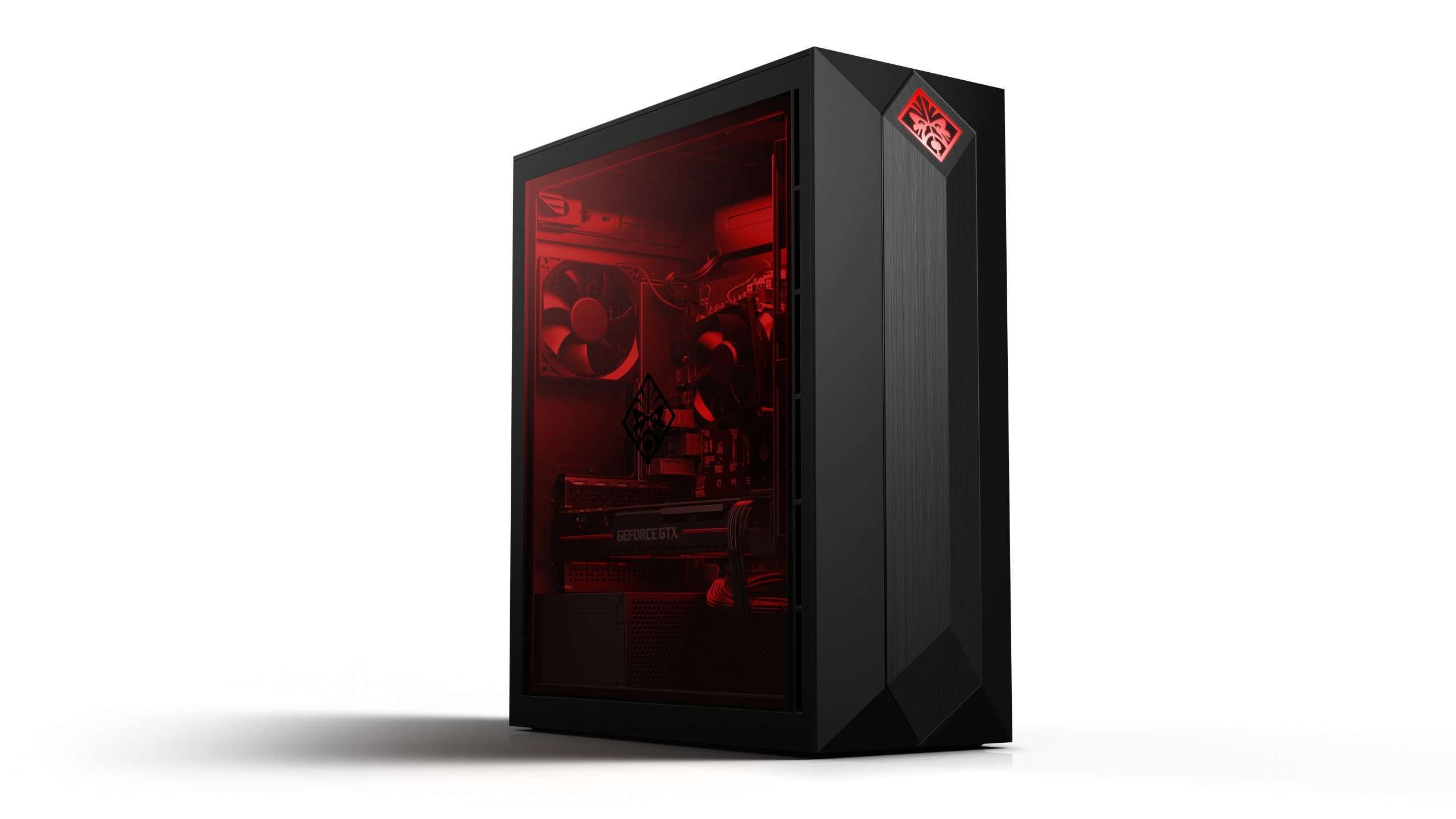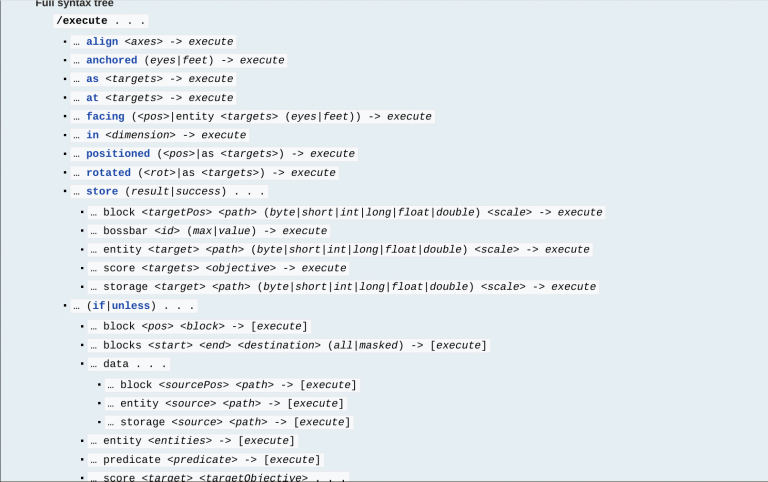My Tech Brand Loyalties
NOTE: These are my opinions. These are based on my own experiences, so don’t take them as fact. As with any Brand Loyalty, they are going to be biased. These are simply recommendations for those considering buying a computer.
Brand Loyalty for Phones: Google
I do believe that Android is better than iPhone. I believe this because I like to have control over the devices that I own, and iPhone simply doesn’t give that same kind of control. iPhones, for example, won’t let you install applications onto them unless they’re from the App Store, and because developers too have to pay the Apple Tax, many apps that are free on Android cost money on iPhone. In addition, Android gives you more control over your phone, enough control that you can actually do most tech-savvy stuff without having to root it.

That brings me to why my brand loyalty is specifically Google Androids, like the Pixel. Android phone manufacturers have been known for putting junk on phones that can’t be uninstalled. Some of that junk may spy on you. (https://www.cnet.com/news/android-malware-that-comes-preinstalled-are-a-massive-threat/) I had an LG phone once, and while the hardware was great, I hated how apps like Facebook came preinstalled onto the device, and couldn’t be uninstalled, meaning that they were probably sitting there and mining your data. The Pixel comes straight from Google, and so there’s way less crap on your phone by default.
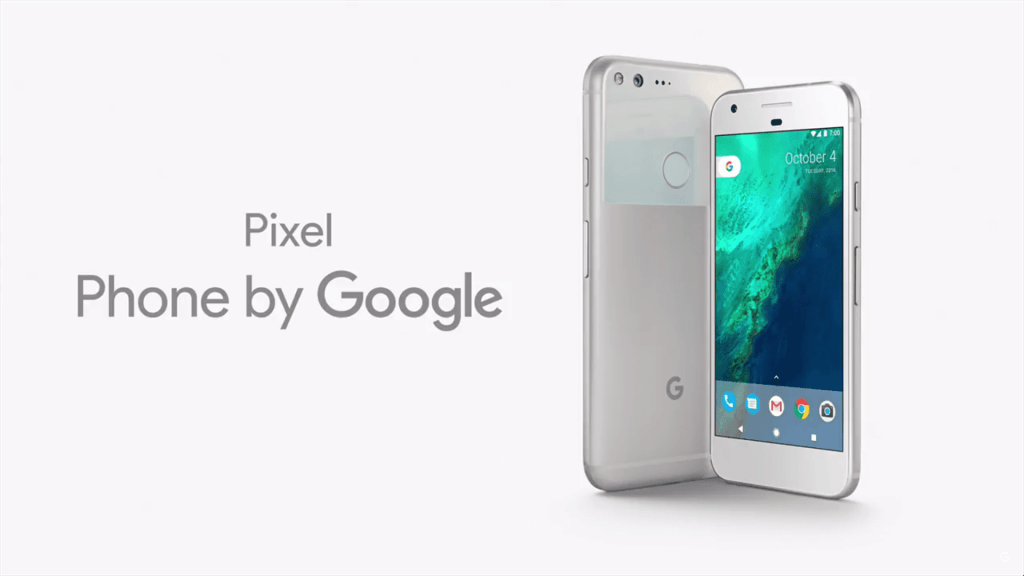
Brand Loyalty for Laptops: Apple
This may come as a surprise for a lot of my long-time readers. But I am somewhat of a Mac fanboy. I’m not a total apple cultist though, because I dislike iPhones and I only use Macs in some instances. The reason my brand loyalty is Apple in the instance of laptops is that Apple is way better at briding the Operating System with the hardware than any other manufacturer, even Pop!_OS by System76 doesn’t have terribly good interface with System76 PCs.
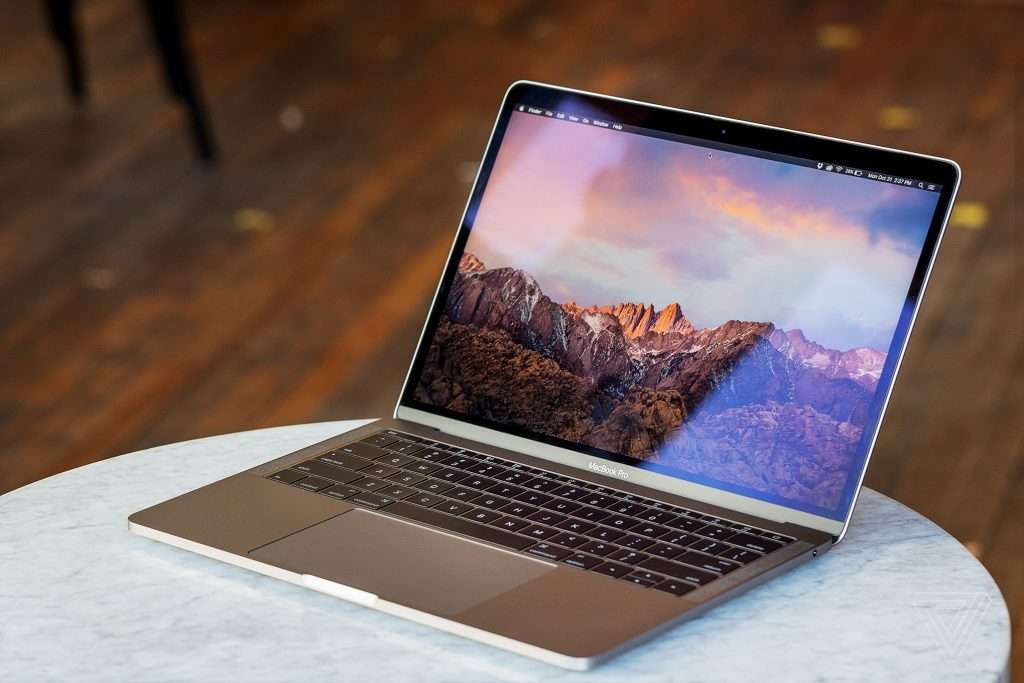
The second reason I like Apple is the longevity of their systems. This sounds funny considering that Apple has end-of-life for their systems. However, the end-of-life could be considered a good thing in some cases. Because Mac is UNIX, once a system stops getting support, it won’t be terribly insecure as long as it’s not being used as a server. I have an iMac from 2011 that, once upgraded with some more RAM and an SSD, runs like a charm and rarely ever has any lag. It’s still running High Sierra, but High Sierra still works quite well. It’s not like Windows where once Microsoft no longer supports it, hackers have a field day.
PCs: HP
This one may come as a surprise for a lot of people as well. Most people don’t think of HP as a company that manufactures anything else than printers. However, HP has a line of PCs as well, and they’re pretty good.
HP primarily is there to make business-class PCs. There are really two business-class PC manufacturers: IBM, which makes things more advanced, and HP, which makes things easier.
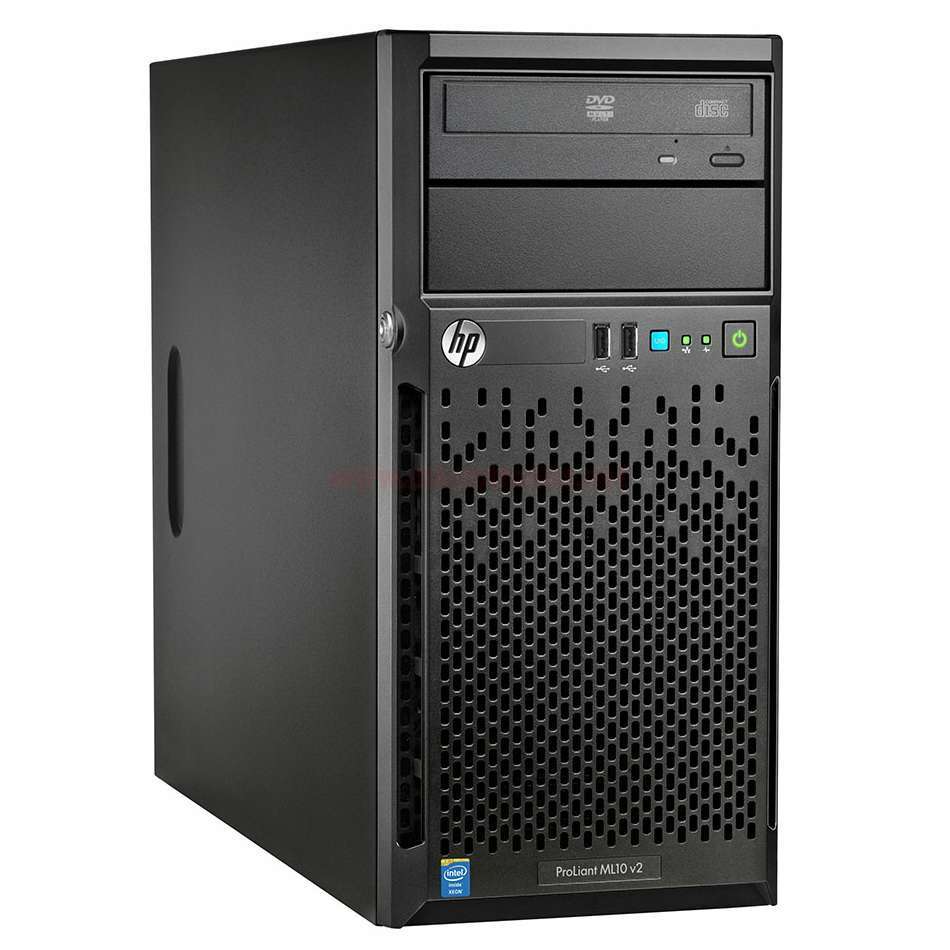
Because HP primarily makes business PCs, they are very skilled at picking the best parts for the job, because sometimes millions of dollars are on the line. As for gaming computers, they make the HP Omen, which is my gaming computer. I’ve done some seriously warranty-voiding stuff to my HP Omen, and it’s run perfectly fine under pressure the whole time. It’s not too expensive either. The one I got was only about $2000 (not that expensive for a gaming PC with the kind of specs it has).
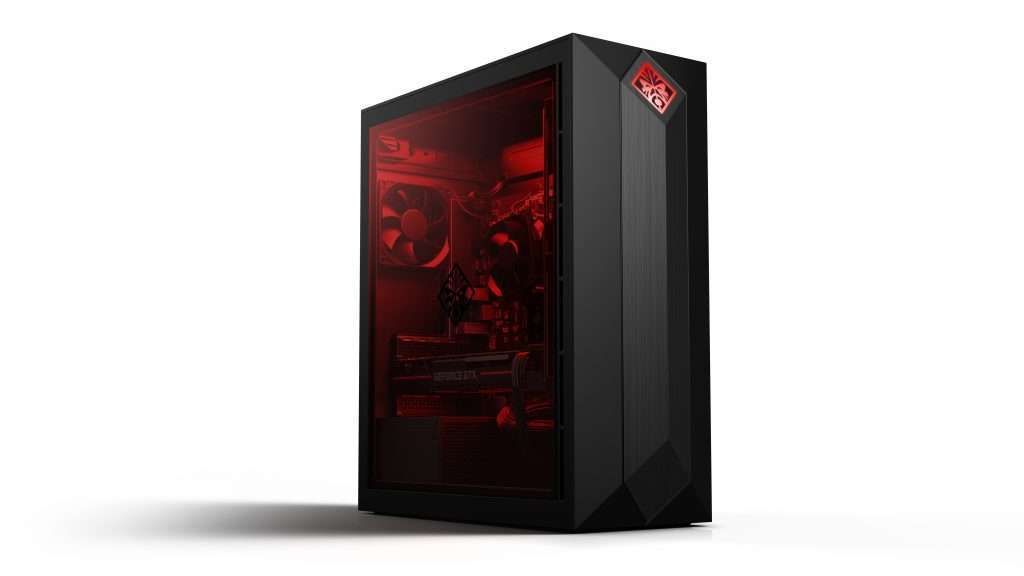
I had an Alienware before that, and I’ll tell you the HP Omen is way better. My friends who run Linux on their own PCs that aren’t HP run into way more problems than I do concerning hardware. I’ve been using my HP Omen for about 3 years now, and it hasn’t missed a blink. Sure, I don’t have any hard evidence that the HP Omen is better, but when I go to buy a new gaming computer (which I probably won’t need for another 10 years based on how good my Omen is), I know that I will be picking HP to do the job.
